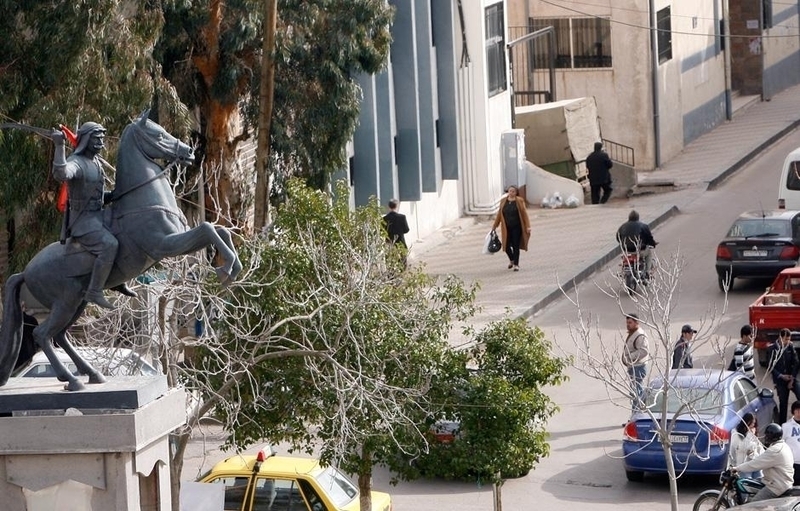We cannot deny the widespread and glowing media attention whenever one of Syria’s minorities faces danger. This attention often incites a storm of criticism from the Sunni majority, which views the exposure as an exaggeration from those who wish to ignore the ongoing slaughter of the country’s Sunny majority. There is some truth to this perception. But despite the media attention regarding threatened minorities over the past years, such attention has not brought salvation to these communities or pushed the West to intervene at any stage. It seems it is unlikely there will be any intervention in Syria in the foreseeable future, even if the country’s majority faces extinction.
There is a sense of confusion regarding political loyalties amongst Syria’s Druze, as members of the community are mostly divided into three groups; the first group consist of regime supporters, the second is part of an escalating religious trend, while the third widely support the goals of the Syrian uprising – unfortunately, the least influential group of the three.
These tangled allegiances are also compounded by the confusion towards the community’s leading figures. The Assad regime still holds many cards it could play to manipulate the current situation through its influential followers – within the community and beyond it; but the regime remains hesitant to openly provoke the Druze out of fear of severing its ties. The Islamic State (ISIS) aspires to annex new territories when it comes to strategic areas inhabited by non-Muslims, like the mountainous Druze stronghold of Jabal al-Druze in southern Syria, officially referred to as Jabal al-Arab (Mountain of the Arabs). But ISIS is conscious of its own capacities, and would not be so foolish to attempt a takeover of the area – for the time being, at least. The Free Syrian Army (FSA) is largely more balanced in its approach towards the Druze, sending assurances to the community when it ceased its attack on al-Thaala military airport so as not to provoke its forces, also issuing several statements assuring the minority it was not a target.
More shocks
Months ago, more than 20 people were massacred at the hands of the Nusra Front in Qalb Loza, a Druze village in Idleb. Prior to the incident, six people were killed in another attack by ISIS militants in Al-Huqf, a small village in the eastern countryside of Suweida province.
Although the two attacks brought the Druze into the public spotlight, it was not the first targeting of the minority in Syria. The first sign was in Quneitra when armed opposition fighters seized Muger al-Meer, a small Druze village. The Druze abandoned the village, preferring instead to give it up to avoid confrontation. The village remains under the FSA control until this day. Events shook the Druze village of Dama, in Suweida, when residents were massacred in full view of the regime’s army, which refused to intervene on behalf of the villagers. At least 20 Druze youths were also massacred after being abandoned by Syria’s military forces in Quneitra at the end of the last year.
These events signal a clear message to the regime that the Druze community will not be willingly drawn into a conflict, as the community is well aware the regime will not protect them in such a case. What inevitably results from these pressures on minority is a strengthening of sectarian attitudes, reflected through the growing number of young men involved in armed Druze groups. For these militias, Suweida is the only area that must be defended within a shattered country.
Not Kobani, not Yazidis
Although the Druze have faced similar threats throughout their existence, they refuse to be considered a vulnerable minority, widely rejecting comparisons of Suweida with Kobani, and of the threat their community faces to that of the Yazidis in Iraq. Like other minorities, the Druze have displayed significant courage in hard times, which has only reinforced the bond of the community.
When a Druze village is assaulted, or a group of Druze are targeted and killed, it has not encouraged a militarized response. But we should not expect the Druze to stand idly by while Suwieda is targeted, as they will be forced to defend their home to secure their survival.


